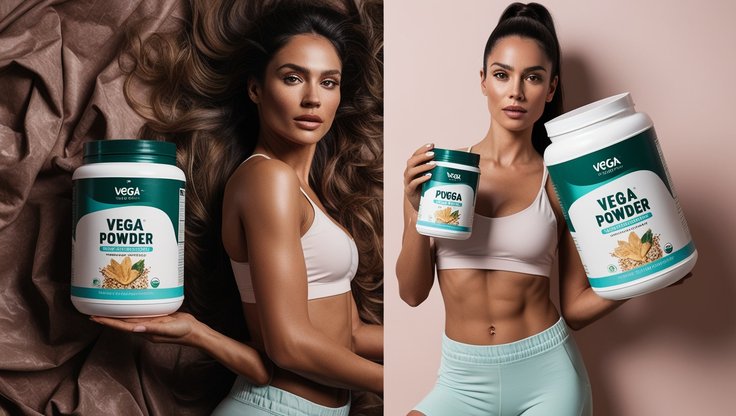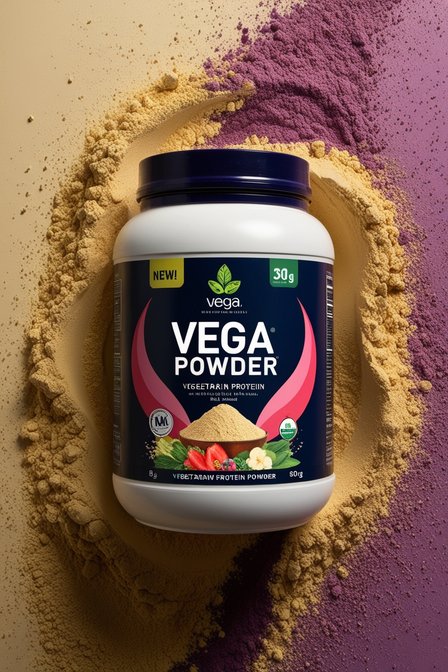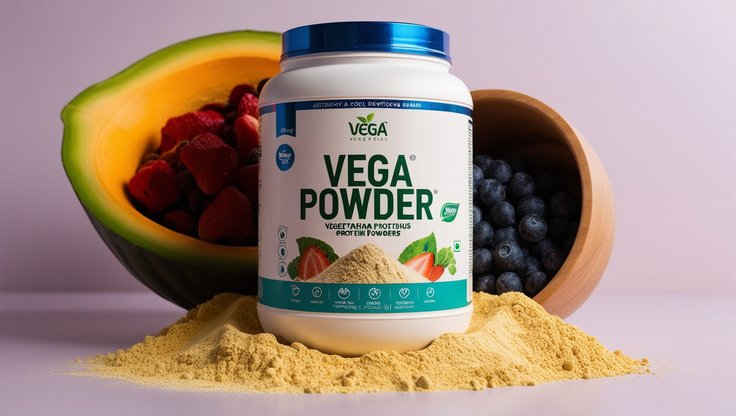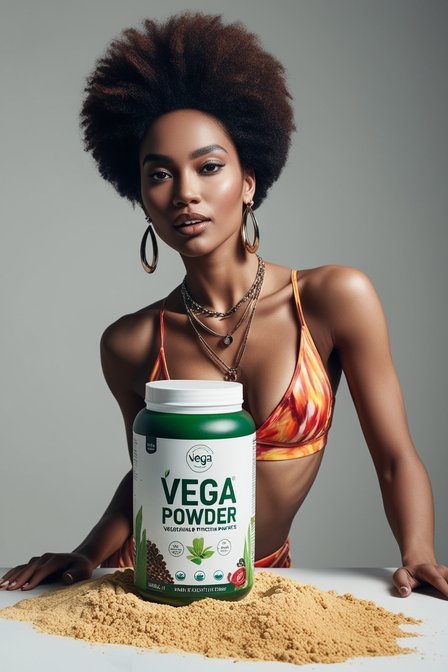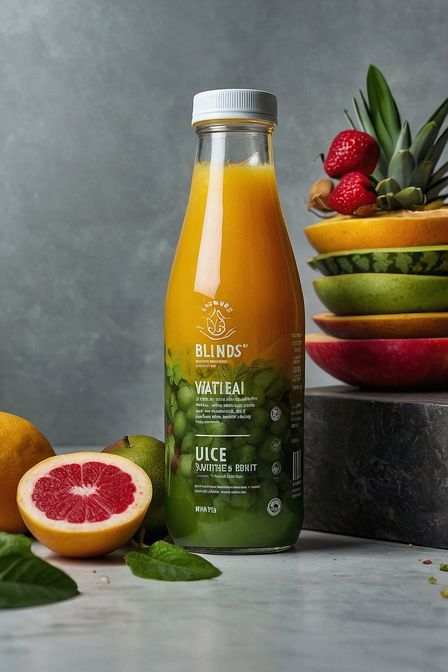Best High Protein Vegan Foods: A Comprehensive Guide
Introduction to High Protein Vegan Foods
Adopting a vegan diet can be incredibly rewarding, both for personal health and for the environment. However, one of the main concerns people have when switching to a plant-based lifestyle is getting enough protein. Proteins are vital macromolecules made up of amino acids, which play critical roles in nearly all biological processes. They are essential for muscle repair, enzyme function, hormone production, and overall growth. Fortunately, there are numerous vegan-friendly sources of protein that can meet and exceed daily nutritional needs.
Legumes: The Powerhouse of Plant Protein
Legumes, including beans, lentils, and peas, are staples in many vegan diets due to their high protein content and versatility. They are not only rich in protein but also in fiber, vitamins, and minerals, making them a well-rounded addition to any meal. For example, lentils are an excellent source of protein, providing about 18 grams per cooked cup. They are also rich in iron and folate, which are crucial for blood health and cellular function. Similarly, chickpeas, also known as garbanzo beans, offer approximately 15 grams of protein per cooked cup and are an excellent source of complex carbohydrates, which provide sustained energy throughout the day.
Nuts and Seeds: Compact Nutritional Powerhouses
Nuts and seeds are another excellent source of plant-based protein. They are dense in calories and nutrients, making them ideal for those who need to increase their protein intake without consuming large quantities of food. Almonds, for instance, provide about 6 grams of protein per ounce, along with healthy fats and vitamin E, which are beneficial for skin and cardiovascular health. Chia seeds, on the other hand, contain about 4 grams of protein per ounce and are packed with omega-3 fatty acids, which have anti-inflammatory properties and support brain health.
Soy Products: Versatile and Protein-Rich
Soy-based foods are perhaps the most well-known sources of vegan protein. Products like tofu, tempeh, and edamame are incredibly versatile and can be used in a variety of dishes. Tofu, often referred to as bean curd, provides around 10 grams of protein per half-cup serving and is a great source of calcium and iron. Tempeh, which is fermented soybeans, offers even more protein, with about 21 grams per half-cup serving, along with probiotics that support gut health. Edamame, young soybeans, provide about 17 grams of protein per cooked cup and are also rich in fiber and essential amino acids.
Whole Grains: A Surprising Source of Protein
Whole grains, such as quinoa, brown rice, and oats, are often overlooked as protein sources, but they are an essential component of a balanced vegan diet. Quinoa, a pseudo-grain, is particularly notable because it is a complete protein, meaning it contains all nine essential amino acids that the body cannot produce on its own. One cup of cooked quinoa provides about 8 grams of protein, along with significant amounts of magnesium, iron, and fiber. Brown rice, while not as high in protein as quinoa, still offers about 5 grams of protein per cooked cup and is a good source of complex carbohydrates and B vitamins, which are crucial for energy metabolism.
Vegetables: The Unexpected Protein Contributors
While vegetables are not typically thought of as protein-rich foods, certain varieties can contribute significantly to daily protein intake. For example, broccoli provides about 4 grams of protein per cooked cup and is packed with vitamins C and K, as well as fiber. Spinach, another nutrient-dense vegetable, offers around 5 grams of protein per cooked cup and is a great source of iron, calcium, and antioxidants. These vegetables can be incorporated into a variety of dishes, from salads to stir-fries, to boost protein content effortlessly.
Plant-Based Protein Powders: Convenient and Effective
For those who need an extra protein boost, plant-based protein powders can be an effective solution. These powders are typically made from peas, rice, hemp, or a blend of various plant proteins and can be added to smoothies, oatmeal, or baked goods. Pea protein powder, for example, provides about 20 grams of protein per serving and is easily digestible, making it a popular choice among athletes and those with sensitive digestive systems. Hemp protein powder, derived from hemp seeds, offers about 15 grams of protein per serving and contains a balanced ratio of omega-3 and omega-6 fatty acids, which support heart health.
Incorporating High Protein Foods into Your Diet
Incorporating high protein vegan foods into your diet can be simple and delicious. Start by planning your meals around protein-rich ingredients and explore new recipes that highlight these foods. For breakfast, consider a smoothie made with plant-based protein powder, spinach, and almond milk, or oatmeal topped with chia seeds and almond butter. Lunch can include a hearty lentil soup or a quinoa salad with chickpeas and vegetables. For dinner, try stir-frying tofu or tempeh with your favorite vegetables and serving it over brown rice. Snacks can also be an opportunity to increase protein intake, with options like roasted chickpeas, mixed nuts, or a slice of whole-grain toast with avocado and hemp seeds.
Benefits of a High Protein Vegan Diet
Adopting a high protein vegan diet offers numerous health benefits beyond meeting protein requirements. Plant-based proteins are often accompanied by other essential nutrients, such as fiber, vitamins, and minerals, which contribute to overall health and well-being. Additionally, plant-based diets are generally lower in saturated fats and cholesterol, which can reduce the risk of heart disease, hypertension, and certain cancers. The high fiber content of many plant-based protein sources also supports digestive health and helps maintain a healthy weight by promoting satiety and reducing overeating.
Addressing Common Concerns
One common concern regarding vegan diets is the potential for nutrient deficiencies, particularly in protein, vitamin B12, iron, and omega-3 fatty acids. However, with careful planning and a diverse diet, these nutrients can be adequately obtained from plant-based sources. For vitamin B12, which is not naturally found in plant foods, vegans can rely on fortified foods and supplements. Iron from plant sources is not as easily absorbed as iron from animal products, but consuming vitamin C-rich foods alongside iron-rich foods can enhance absorption. Omega-3 fatty acids can be obtained from flaxseeds, chia seeds, and algae-based supplements.
Conclusion: Embracing Plant-Based Protein
Embracing a high protein vegan diet is not only feasible but also beneficial for both personal health and the environment. By incorporating a variety of protein-rich plant foods, such as legumes, nuts, seeds, soy products, whole grains, and vegetables, individuals can meet their protein needs and enjoy a diverse and satisfying diet. Whether you are new to veganism or looking to optimize your plant-based diet, understanding the best sources of vegan protein is a crucial step towards achieving your health goals.
